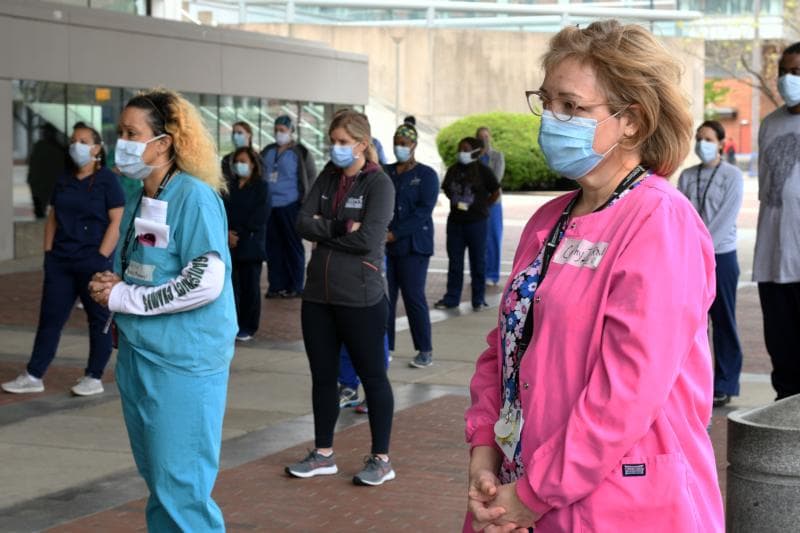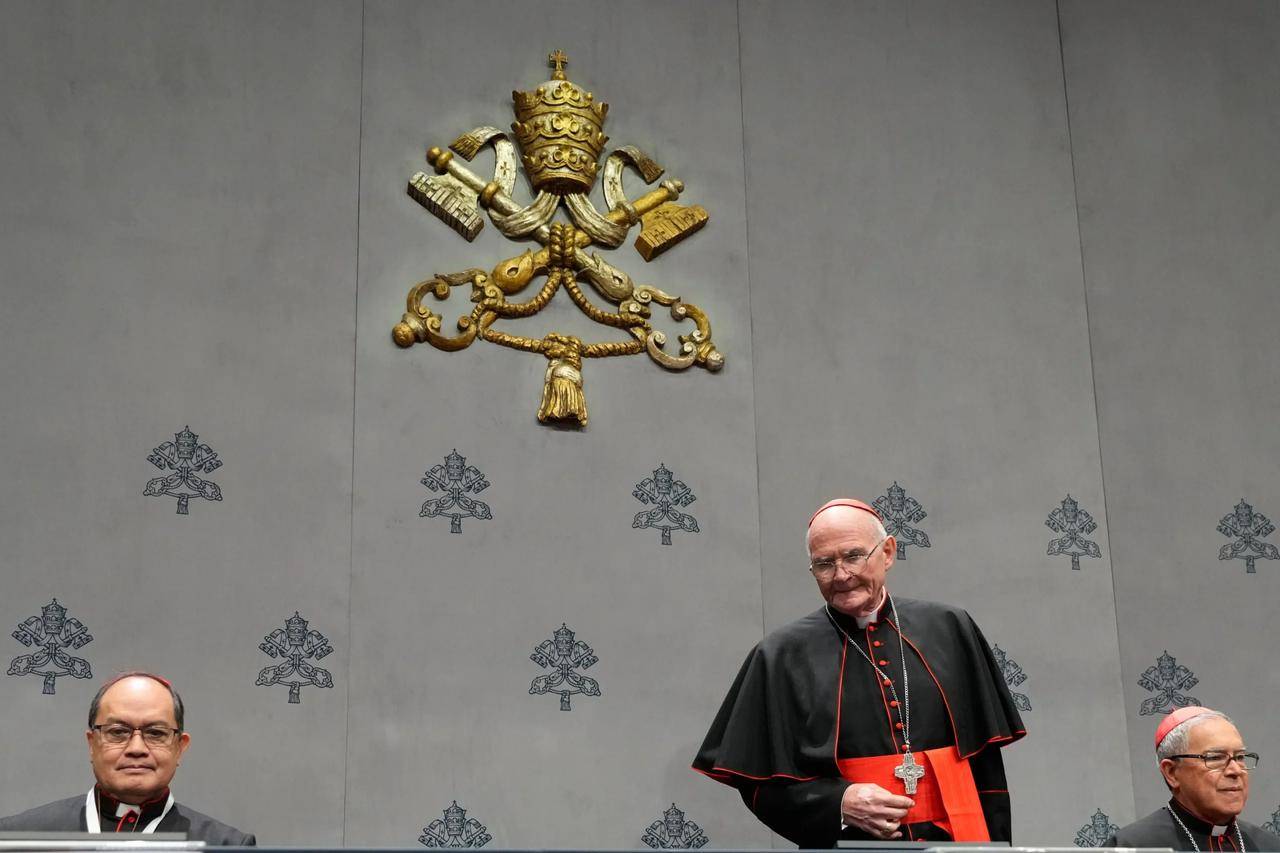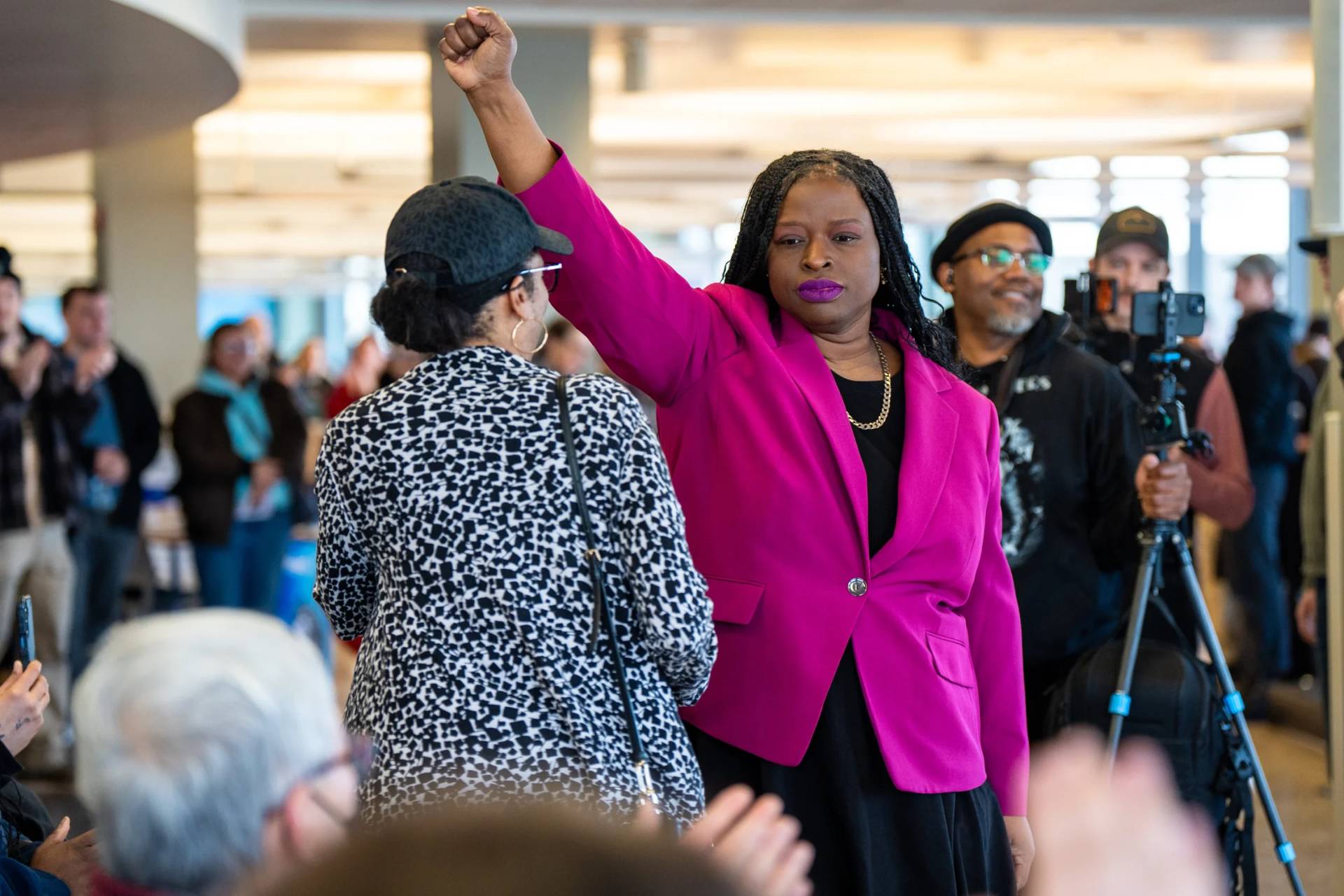BALTIMORE — As the coronavirus pandemic paralyzed the country and filled hospitals with patients suffering from COVD-19 symptoms, hundreds of people in the Archdiocese of Baltimore turned to Baltimore Archbishop William E. Lori asking for prayers on a new prayer request page launched March 25 on the archdiocesan website.
Their appeals offer a window into how Baltimore Catholics are coping in this unprecedented time. The pandemic bleeds into every prayer however indirectly. For others, it’s at the forefront.
One woman asked for prayers for her husband who works in a nursing home fighting an outbreak of COVID-19. A man reached out for help for a friend struggling with addiction and domestic abuse all while sheltering in place. A mother wrote about her daughter who had expected to go to college in the fall but now is filled with uncertainty about her future.
“As we go through anguish now. People might be sick wondering, ‘Where’s God?’ But he’s still here with us. He’s all around us. He’s keeping us, breathing and moving and helping others. He’s never gone,” said Father Jack Lombardi, pastor of two Baltimore parishes: St. Peter and St. Patrick. “Jesus said, ‘I will never leave you orphaned.'”
The priest, who has written several books on prayer, said as the world has slowed down and distractions have been replaced with uncertainty, it is natural for fears to dominate. The key is to fill that vacuum with prayer to establish a connection with God, he said.
Dr. Gina Magyar-Russell, an associate professor at Loyola University Maryland, often bridges the spiritual and scientific worlds when it comes to prayer. She’s a licensed clinical psychologist and leads the department of pastoral counseling at Loyola.
“We found that life events like family conflict, health issues, catastrophes like natural disasters introduce and exacerbate mental and physical health problems for certain,” Magyar-Russell said. “So one of the basic things that psychologists and other mental health professionals suggest is having effective regimens” for coping, such as prayer.
Although the pandemic has caused hardship and loss, Lombardi said it has created some new opportunities, namely for meditation.
“People have a little bit more time than usual,” he said, advising people to “Take 10 minutes. Sit in your chair. Read a Bible verse or the Mass of the day reading and take time for meditation.”
He recommends keeping it simple — conversational prayer and short meditations.
“A lot of people want instant stimulation gratification,” Lombardi said. “But even in the silence, God is still working with us and being with us and being present.”
Swift is the social media coordinator for the Catholic Review and the Archdiocese of Baltimore.












